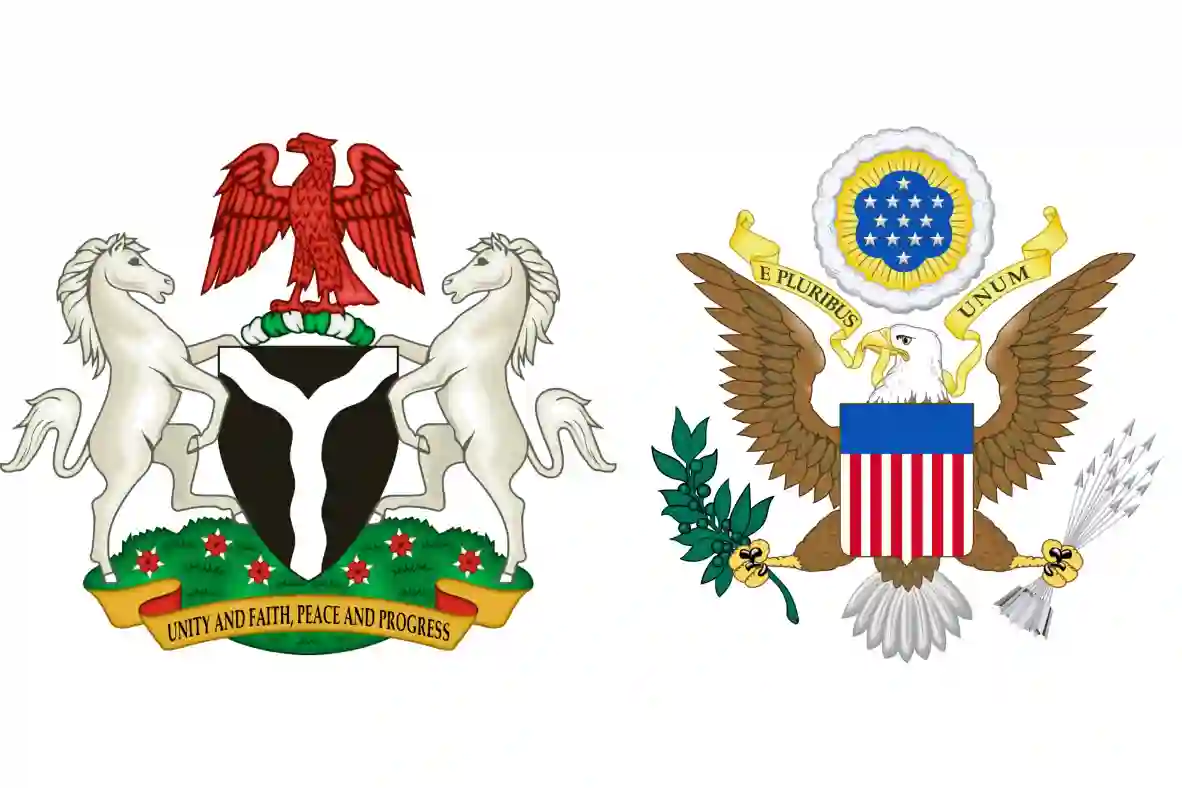The United States Government has committed $32.5 million to the United Nations World Food Programme to support food and nutrition assistance for people affected by conflict in Nigeria.
According to a statement released by the US Embassy in Abuja on Wednesday, the funding will allow WFP Nigeria to reach approximately 764,205 vulnerable individuals in the Northeast and Northwest regions. These areas have been heavily impacted by ongoing insecurity and displacement, leaving millions struggling to access food and basic needs.
The statement explained that the assistance package includes general food distributions as well as targeted nutritional support. Among the beneficiaries are 41,569 pregnant and breastfeeding women and girls, along with 43,235 children who will receive specialised nutrition support through electronic food vouchers.
“World Food Program Nigeria, with US Government’s contribution of $32.5m, will provide food assistance and nutrition support to internally displaced persons across conflict-affected areas. With the US Government’s donation, the World Food Programme Nigeria will provide food and nutrition assistance to 764,205 beneficiaries across Northeast and Northwest Nigeria. This includes complementary nutrition top-ups for 41,569 pregnant and breastfeeding women and girls and 43,235 children through electronic food vouchers,” the statement read.
The support comes at a time when hunger and malnutrition remain serious challenges in Nigeria, particularly in communities affected by conflict. Food insecurity has increased in recent years due to violence, displacement, and climate-related pressures.
Meanwhile, the United States Agency for International Development has reacted to recent reports about its agricultural work in Nigeria. In a statement issued by the US Mission in Nigeria, USAID dismissed what it described as misrepresentations of its agricultural initiatives.
The agency said its programmes are run transparently and in full alignment with Nigerian laws. It also noted that since 2019, its collaboration with Nigeria has supported more than five million farmers, boosted food production, and strengthened rural economies across the country.

